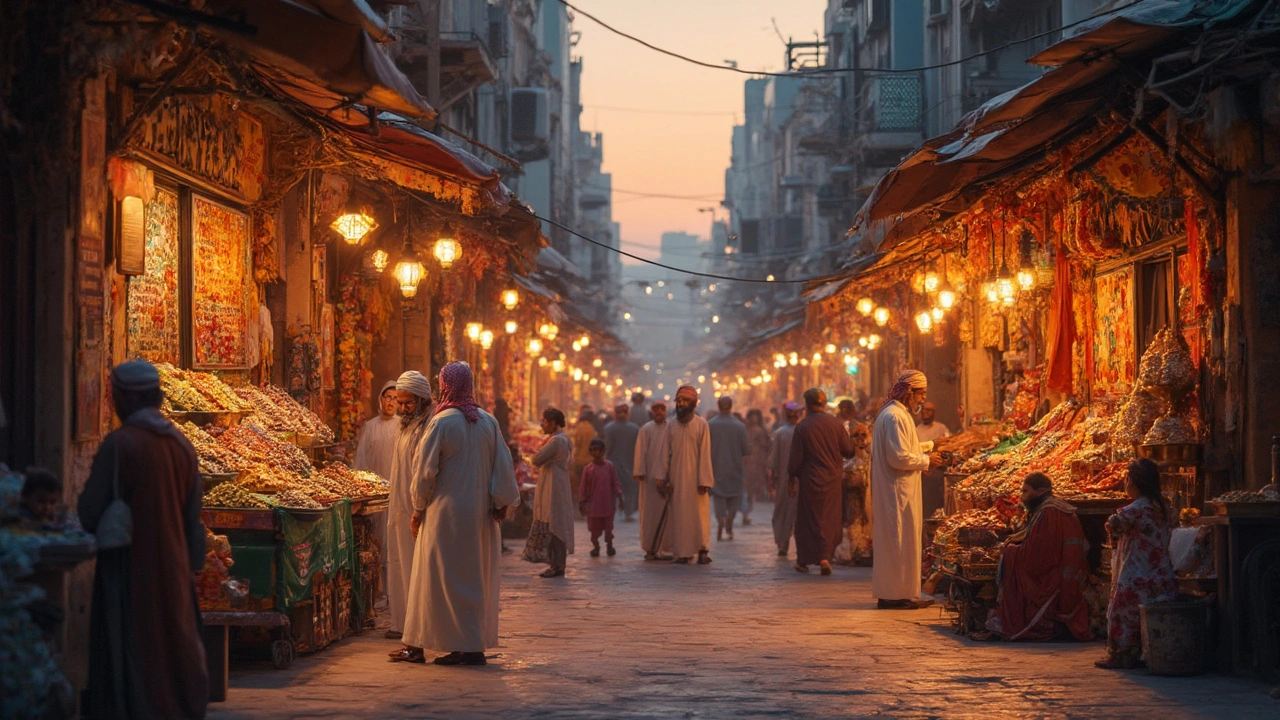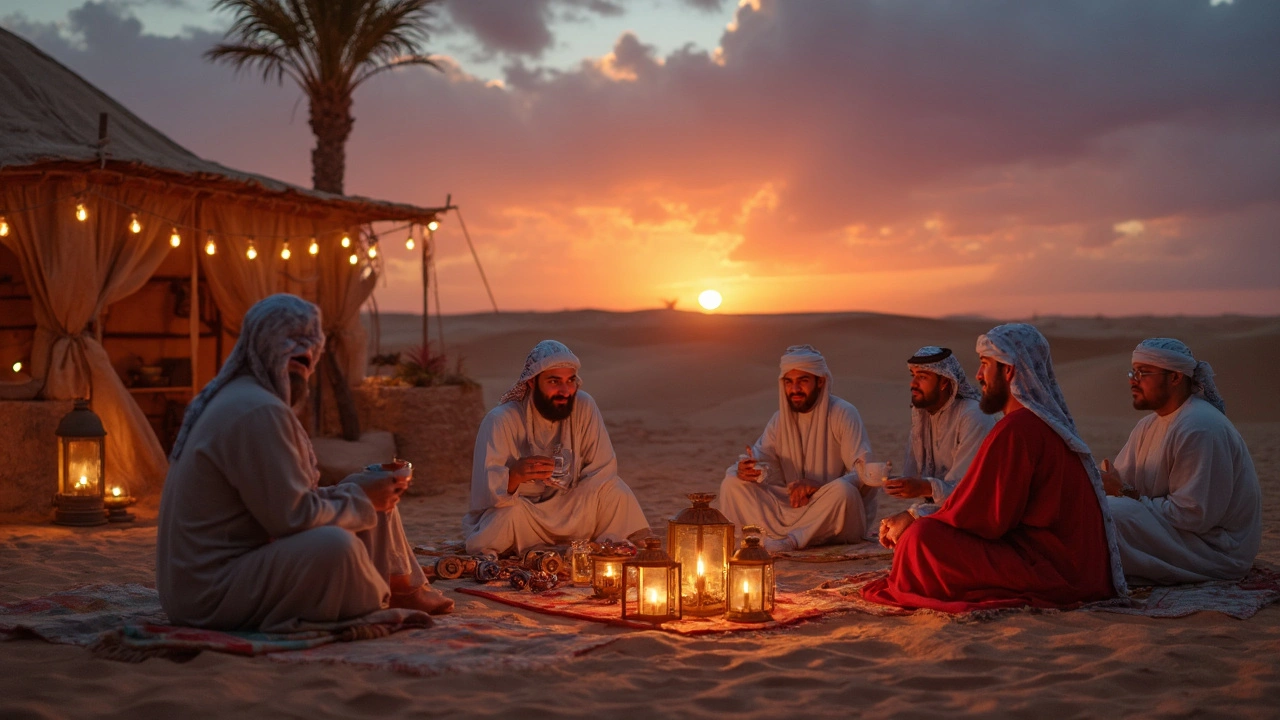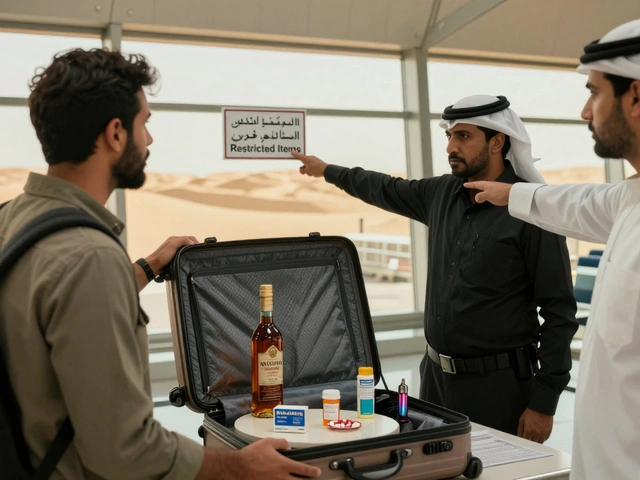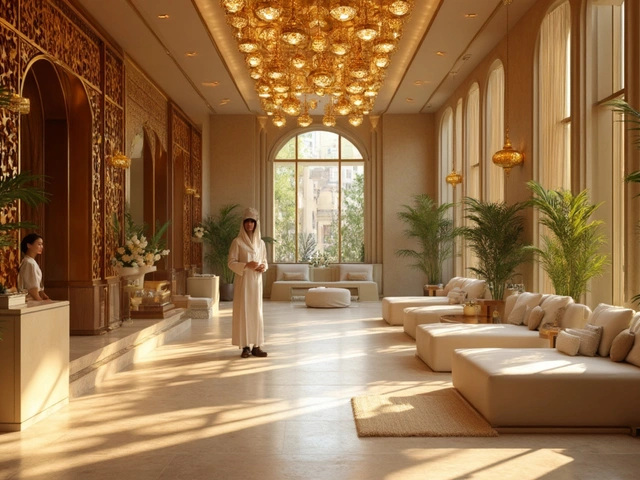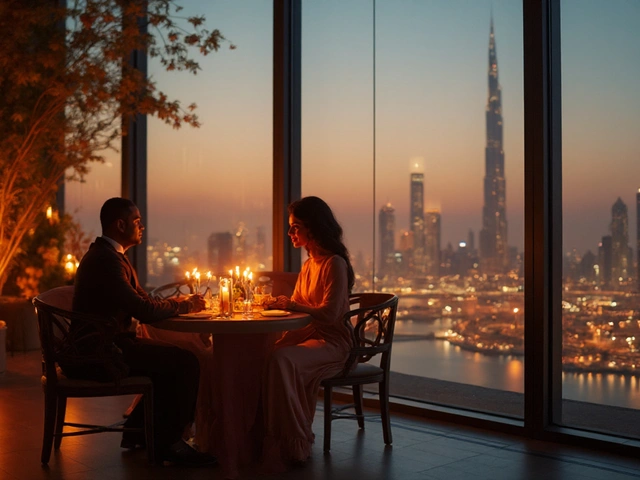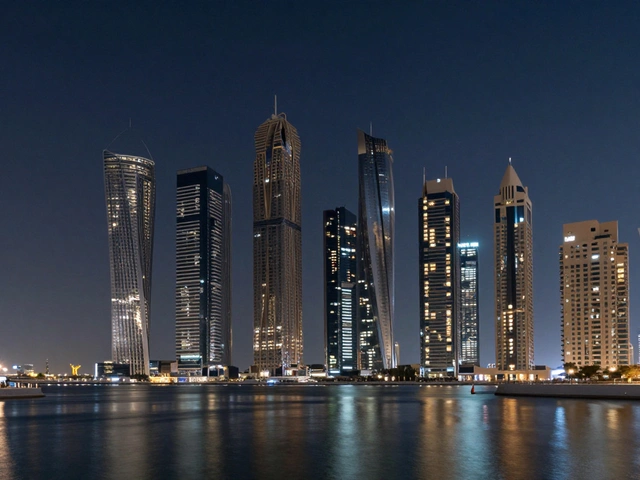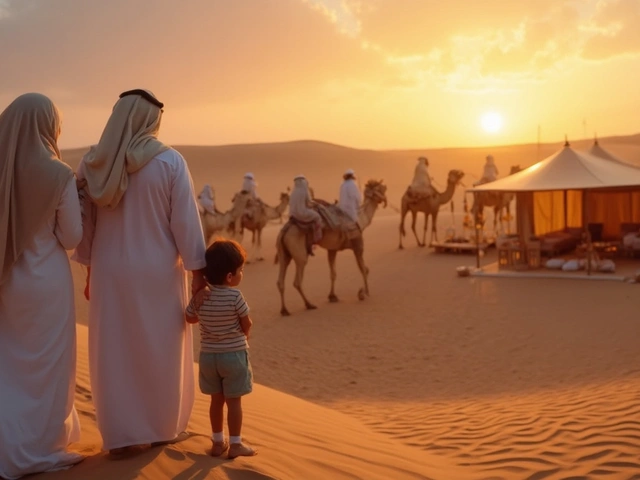Discover Dubai’s Local Traditions and How to Live Them
Thinking about soaking up more than just skyscrapers when you visit Dubai? The real heartbeat of the city lies in its traditions. From sunrise in the desert to the evening after‑Iftar coffee, each custom tells a story you can join.
Desert Safari – A Classic Summer Tradition
A desert safari isn’t just a ride over dunes; it’s a night‑long celebration. You’ll start with dune bashing, feel the sand fly, then settle under a campfire for music, dancing, and a chance to try a camel ride. Bring a light jacket – the night can get chilly – and don’t forget to tip your guide if you enjoyed the experience. Booking early in the week often saves you a few dirhams.
Emirati Hospitality – Coffee, Dates, and Your Hand
When a local offers you a cup of gahwa (Arabic coffee), it’s more than a drink. The coffee is lightly spiced with cardamom, served in a small cup, and followed by a handful of fresh dates. Accepting means you’re respecting a centuries‑old gesture of welcome. Hold the cup with both hands, sip slowly, and place it back without a rush. It’s a simple act, but it opens doors to conversation.
Another everyday tradition is the art of henna. While tourists often see it on special occasions, locals use it for birthdays, weddings, and even as a subtle hand decoration during Ramadan. If you’re curious, ask a local market vendor for a quick design – many will do it for a modest price.
Falconry also remains a proud Emirati pastime. You’ll see falcons perched on owners’ shoulders in parks or at the falcon souk. If you visit during the annual Falconry Festival, you can watch a real hunt demonstration and learn about the breeding process. It’s a reminder that the desert isn’t just sand; it’s a living ecosystem.
Don’t overlook the traditional clothing. Men wear a white kandura and a headscarf called a ghutra, while women often choose an embroidered abaya. Wearing a respectful outfit when you attend a mosque or a family gathering shows you value the culture. Even a simple scarf can make a big impression.
Food is another gateway. Try the local breakfast of balaleet – sweet vermicelli with egg – or the hearty dinner of machboos, a spiced rice dish with meat or fish. Street stalls near Al Seef offer fresh luqaimat, golden dough balls drizzled with date syrup. Each bite connects you to a recipe passed down through generations.
If you want to dive deeper, head to the Dubai Museum or the Heritage Village. They showcase recreated souks, old fishing boats, and a glimpse of life before oil reshaped the skyline. Spend an hour there, and you’ll have context for why the modern city thrives on its roots.
Finally, remember that traditions are living, not frozen. Ask locals what they love about a custom, share your own experiences, and you’ll become part of the story. The next time you’re in Dubai, skip the selfie stick for a moment and join a real tradition – you’ll leave with more than photos; you’ll carry a piece of the city home.

